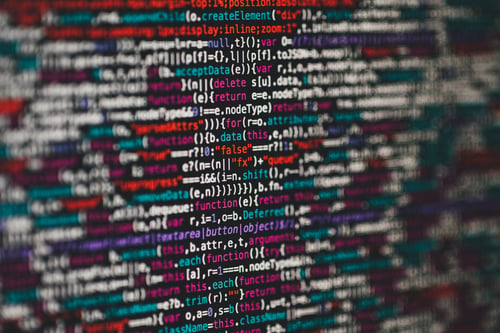Google, following in the footsteps of other tech giants, has published its open-source differential privacy library on GitHub.
Let’s talk about trust
We live in an era in which there are two competing trends. On the one hand, big data is the name of the game, and the internet giants (Google, Amazon, etc.) are those mining this data, often of a personal nature. On the other hand, the public is pushing for transparency and trust, wanting to be confident that their private data remains private and is not being unknowingly shared.
Differential privacy can make all the difference
Enter differential privacy. Differential privacy is a data science technique that adds white noise to data sets, obfuscating personally identifiable information. This allows researchers, organizations, or whoever might be interested in data analysis to derive insights, while avoiding violating privacy.
Google, Apple, and Uber, are using this method to analyze personal data from their customers in a privacy-first manner. Although Apple’s proprietary tools are kept under lock and key, Uber has open-sourced its differential privacy library and this week, Google has followed suit, releasing its own open-source differential privacy library for the world to use and improve.
Google has used this library to improve a number of its products, including Google Maps. And the possibilities of the differential privacy approach are far-reaching. For example, as Google points out in its announcement, it could be used by health researchers looking at the amount of time patients are spending in hospitals.
Saving private data
So, maybe you can have it both ways: having your data and keeping it private, too.
If you’re looking for data privacy software, we’ve got you covered; read real-user reviews on 50-plus data privacy solutions to find a tool your organization can use to organize and deliver sensitive data in a way that maintains compliance standards.


 by Matthew Miller
by Matthew Miller
 by Matthew Miller
by Matthew Miller
 by Matthew Miller
by Matthew Miller